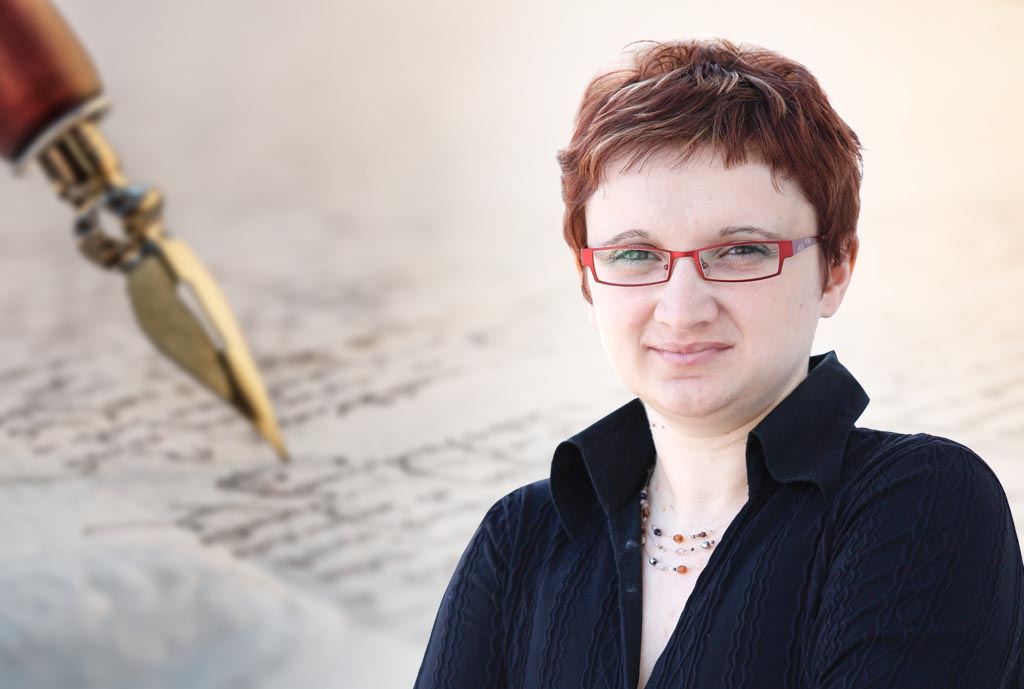By: Petra Janša
I do not know how well you remember the novel The Ingenious Nobleman Don Quixote of La Mancha by the Spanish author Miguel de Cervantes and his battles with windmills.
It is the first European modern novel, published in two parts – the first part in 1605 and the second in 1615. Don Quixote, or the Knight of the Sorrowful Face, is a tragicomic character, but more tragic than comic, as his good intentions often turned into misfortune for him and others. With his small, stout, simple, and naïve squire Sancho Panza, he sets out into the world to revive the age of chivalry – the duty of a knight-errant being to defend the innocent and punish the guilty. As a noble knight, he, too, chose a lady of his heart, Dulcinea del Toboso, to perform heroic deeds in her honour.
And it is this very novel, among others, that Venezuelan critic of cultural Marxism Alejandro Peña Esclusa examines in his book Classical Art and Cultural Marxism, where he says that, upon reading about Quixote’s misfortunes, the reader himself is inspired to become a knight-errant – that is, someone who fights for justice and goodness, desiring nothing in return but the happiness it brings. In this context, he quotes then-Cardinal Ratzinger, later Pope Benedict XVI, who also wrote about Cervantes’ work in his Theory of Theological Principles: “What a noble madness it is for Don Quixote to respond to the call to ‘be pure in thought, modest in speech, sincere in actions, patient in adversity, compassionate towards those in distress, and, finally, a crusader for truth, even if defending the truth costs him his life’! Foolish antics have become a kind spectacle, where one can feel a pure heart. (…) The essence of madness aligns with the alienation of goodness in a world whose realism often mocks those who accept truth as reality and risk their lives in its defence.” Peña Esclusa adds that, in reality, the true madness is not Don Quixote’s, but rather the madness of postmodern society, which, under the influence of the neo-Marxist cultural war, seeks happiness in the enjoyment of material goods and worldly pleasures.

